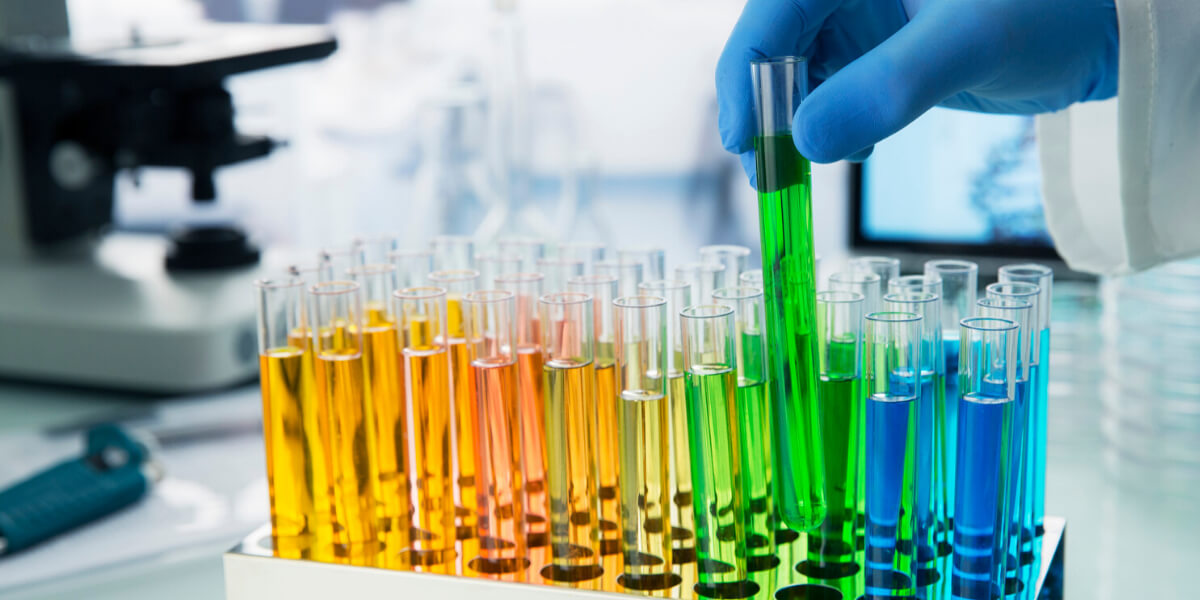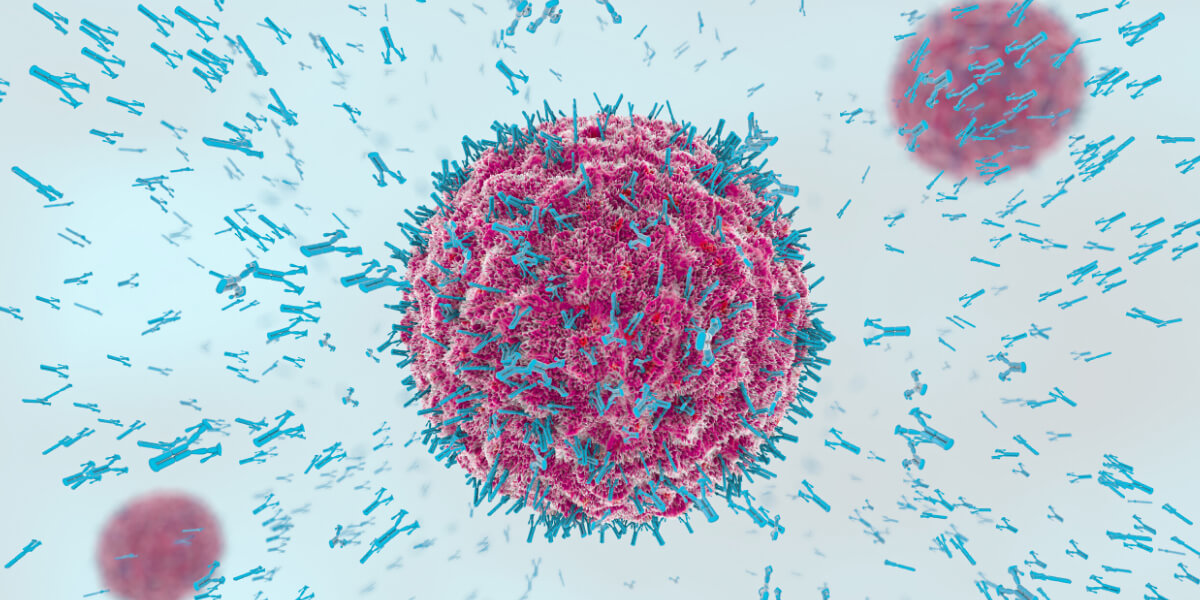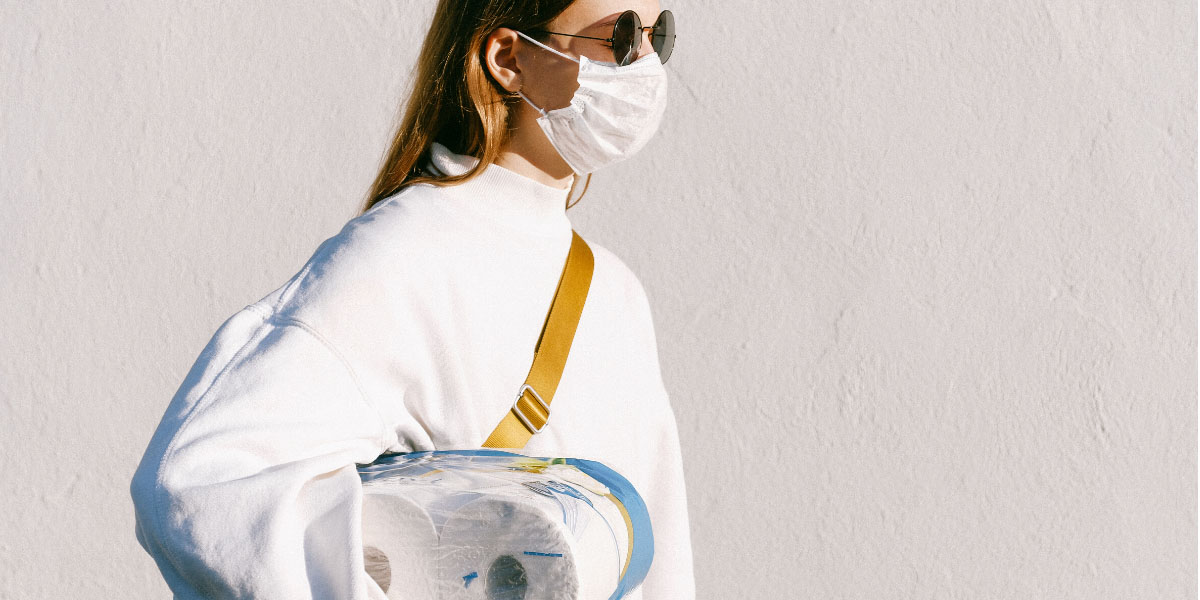The UK, like much of the world, remains under lockdown in response to the coronavirus crisis. As of the 29th May, Public Health England released data that shows there have been 269,127 confirmed cases of Covid-19 in the UK, with 37,837 deaths recorded in hospitals (not including figures from places like care homes). According to virology experts, the lockdown should not be lifted until we have the facilities to test the population on a much greater scale than is currently occurring; in short, experts claim that as long as the government is not testing in the wider community, we are going to remain on lockdown. In contrast to the UK’s approach to lockdown and testing, long before the development of an antibody test, Germany, the continent’s leader in containing the virus, began conducting as many as 50,000 diagnostic coronavirus tests a day to help trace and isolate cases. That rate is now nearly 120,000 a day.
As of Wednesday 13th May, Britain was still conducting fewer than 20,000 diagnostic tests a day. Having missed a previous target of 25,000 diagnostic tests a day by the middle of April, officials are now promising to reach 100,000 a day by the end of the month and as many as 250,000 a day soon after that. Self-diagnosis is found wanting because the symptoms of COVID-19 are similar to those of other diseases. Some people are asymptomatic, whilst at the other end of the scale some patients require ventilation as they contract pneumonia. So, the fact of the matter is that testing is the only way to know for sure if someone is infected with the coronavirus. Implementation of mass testing is therefore essential to halting its spread.
How do you test for coronavirus infections?
At present, the only effective coronavirus test that is available is the PCR test, which is based on looking for the genetic sequences specific to the COVID-19 coronavirus. If these sequences are found in a sample, it is a positive test. A swab is taken from either the nasal cavity or the back of the throat, which is then tested at a lab that takes about 48 hours to provide a result. There are, in fact, two pathways of testing, but at the moment only the PCR test is available and that is designed to confirm if you have the virus at the point of testing. If the PCR test comes back positive you probably do have the virus. However, if the test comes back negative, it may be a false negative if the swab you took did not contain any of the minuscule virus particles. If a patient has no symptoms then the PCR test is essentially a waste of time as it is not a screening tool. The best time to use the PCR test is in the first two weeks of being floridly symptomatic as you will most likely be shedding the virus more prolifically. Although there is evidence to suggest that you may test positive for two months, which is why in some countries you are required to have two negative tests before they release you from the hospital, this is the ideal way of testing for active COVID-19.
The other pathway is a blood test for immunity, the ICG test. Theoretically, it will confirm if you have had coronavirus by looking for antibodies in the blood. If it is positive it will confirm that you have developed antibodies subsequent to the infection and therefore are unlikely to contract it virulently again. Again even the immunology testing can provide false negatives; if the test comes back negative, it does not confirm you have not had the disease, just that you have no antibodies for it. This could potentially occur if the initial case is very mild or if your immune system is already compromised and not operating as efficiently as it should be. The other catch is that even if the test comes back positive and confirms you have had the virus, because of the novel element of COVID-19 we do not currently know what level of immunoglobulin protection is actually required to make you immune from further infections. That said, you can be reassured that generally speaking if you do test positive, then based on what we know about viral infections generally, you are less likely to have another bout of the virus as severely as the primary infection and you are also less likely to pass it on to others as easily. Once an effective and reliable ICG test is available en masse, it will work most effectively in the role of population planning and measuring. For instance, if 50% of the population of a town has tested positive for the antibodies, theoretically, you could release everyone back to work and school because there is enough herd immunity measured amongst the population that there won’t be enough of the virus around to pose a serious threat.
The good news is that after a few false starts, according to public health leaders, a new coronavirus antibody test (ICG test), has been found to be 100% accurate. Public Health England (PHE) said scientific experts at its Porton Down facility have carried out an independent evaluation of the new blood test and the examination found that Roche’s serology test was “highly specific” to COVID-19 and has an accuracy of 100%. The detection of these antibodies could help to indicate if a person has gained immunity against the virus and is, therefore, able to return back to work and relatively normal activities.
A spokeswoman for the Department of Health and Social Care (DHSC) said: “Antibody testing is an important part of our strategy to counter the spread of COVID-19 and to help us understand who has had the disease.” That said, there is no set date as to when and how the tests will be provided and on what scale. Once the antibody testing has been rolled out to the public, the UK government intends to issue immunity passports to people who have already contracted COVID-19.
How Can I Get Tested For Coronavirus?
Basically, unless you buy a test online, you can only be tested currently if
- you work in the NHS
- you are over 65 with symptoms
- you have symptoms and you cannot work from home (for example construction workers, shop workers, emergency plumbers, and delivery drivers)
- You are a social care worker or a resident in a care home, with or without symptoms
If you fall into one of these categories then you can self-refer, or your employer can request a test on your behalf.
As previously stated, you can buy a coronavirus test online but the only problem with those is the efficacy of the sample taken. Studies from early in the outbreak in China have suggested that swabs taken by healthcare professionals may give a 30% false-negative rate, where infected people are told they don’t have the virus but do actually have it. This has prompted claims that self-testing by inexperienced persons will give even more false negatives and could raise the risk of infected people spreading the virus. If you are symptomatic for COVID-19, the guidelines remain in place that you should stay at home if possible and use the 111 Coronavirus helpline if you are concerned, to get advice.
About Dr Jeff Foster

A Men’s Health specialist and Medical Director and founder of H3 Health. I’m passionate about raising awareness of all aspects of Men’s Health, and heavily involved in both teaching and health promotion. I’m a committee member of the British Society of Sexual Medicine, and have been involved in writing the most recent national guidelines for testosterone deficiency in men.
Get in touch with Dr Jeff
If you are a prospective patient and wish to see Dr Jeff privately, then you can book an appointment via H3 Health (03309 120769 – National Rate). Alternatively if you are a member of the Media, then please use our contact form for media enquiries.






